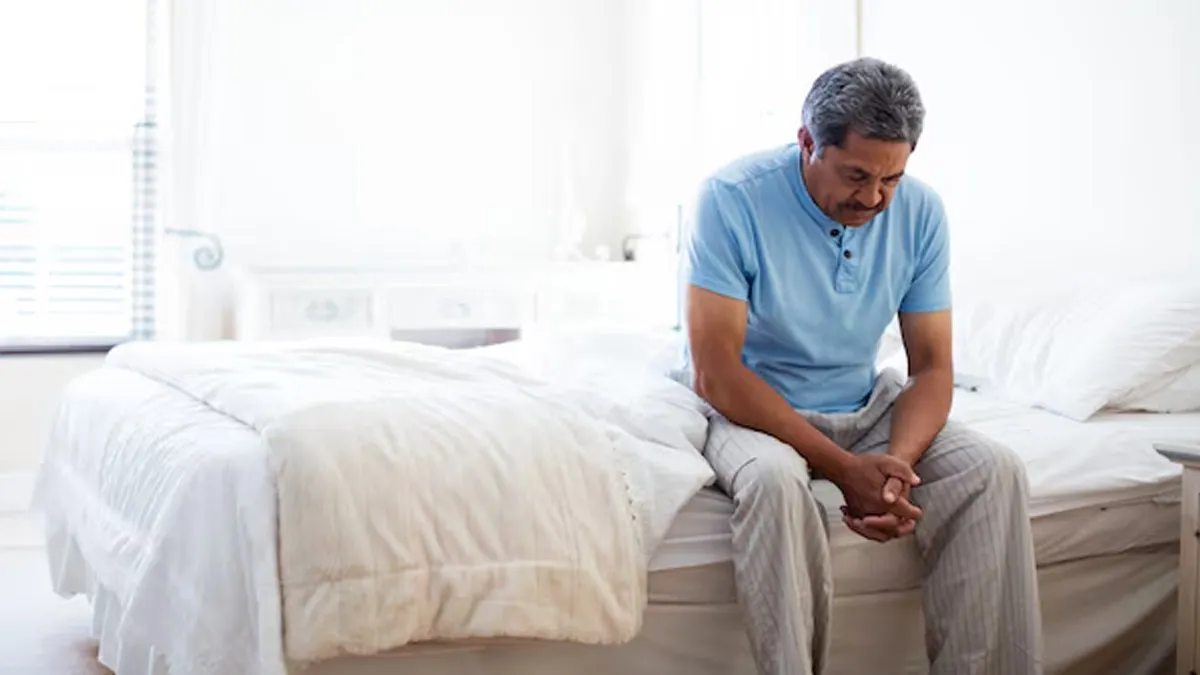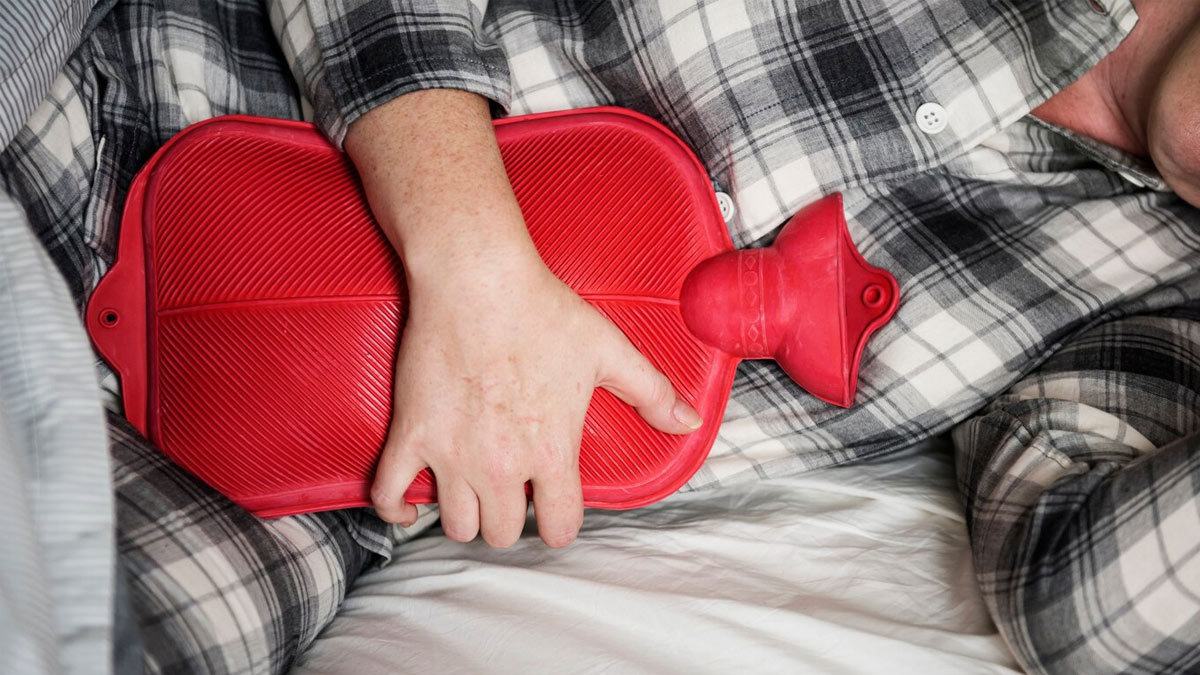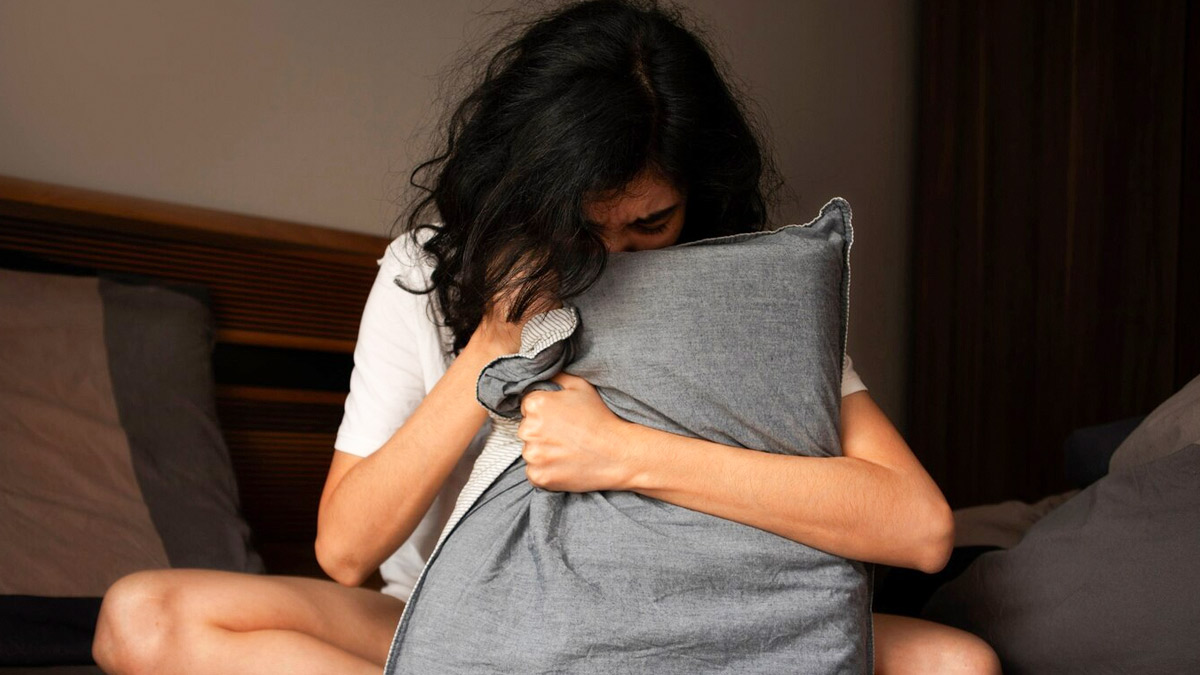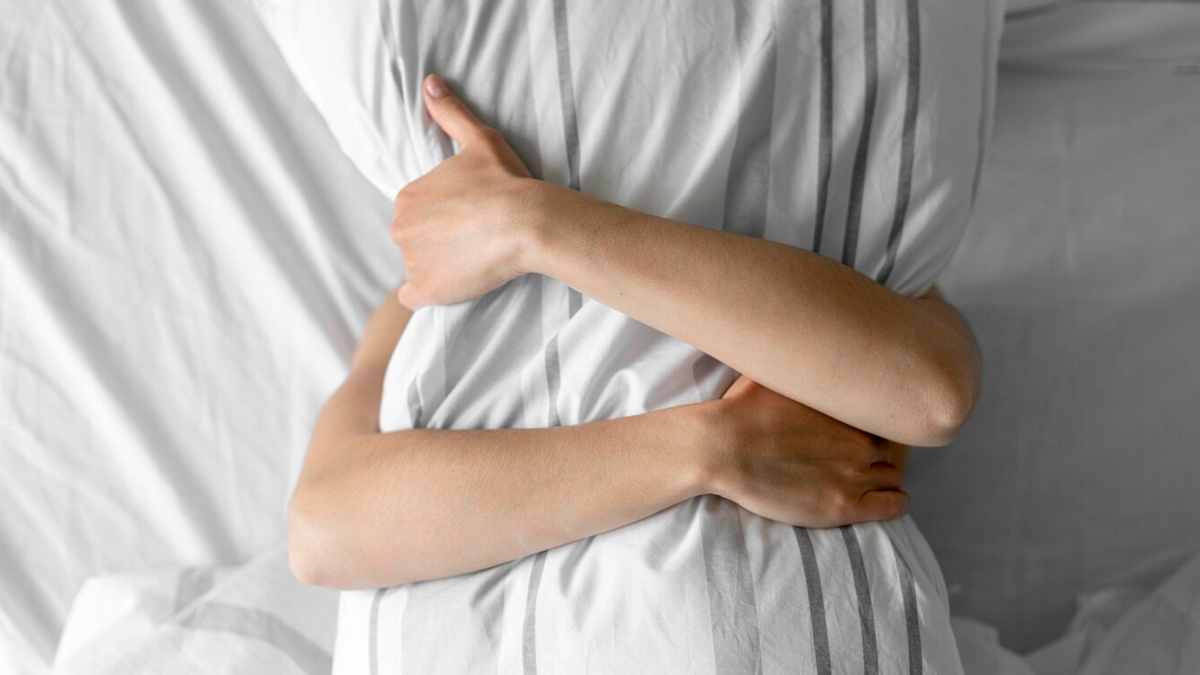
We do not think much of an infant wetting the bed, but the same in adults can be concerning. While you may think adult bedwetting, also known as nocturnal enuresis, is rare, it is not that uncommon. In fact, it can sometimes indicate deeper health issues. In an interaction with the OnlyMyHealth team, Dr Brunda M S, Senior Consultant - Internal Medicine, Aster CMI Hospital, Bengaluru, discusses the common causes and ways to manage the condition.
Table of Content:-
How Common Is Bedwetting Among Adults?

Bedwetting is more common and frequently reported among children than adults. According to StatPearls Publishing, nearly 25% of children experience frequent bedwetting by age 4, and approximately 15% experience it by age 5. In adults, bedwetting affects an estimated 1% to 2% of the population, but many hesitate to talk about it due to fear of embarrassment or stigma.
Also Read: When Is Bedwetting In Children A Concern For Parents?
Understanding Common Causes Of Bedwetting In Adults
"Bedwetting in adults can be caused by several medical conditions," says Dr Brunda. Common reasons include:
Urinary Tract Infections (UTIs): A UTI can make the bladder feel irritated and overactive, leading to sudden urges that are hard to control, even while asleep.
Diabetes: When blood sugar levels are too high, the body tries to flush it out through urine, which can mean more nighttime washroom trips or accidents.
Sleep apnoea: People with sleep apnoea often stop breathing briefly during the night, which can disrupt hormone levels and increase nighttime urine production without them realising.
Chronic constipation: When you do not have a bowel movement for long, it can press against the bladder, making it harder to hold in urine and increasing the chances of accidents during sleep.
An overactive bladder: If your bladder tends to contract suddenly or often, it might not wait for you to wake up, leading to unintentional leaks in the night.
Multiple Sclerosis (MS): MS affects how nerves send signals, including those that control the bladder, which can cause nighttime incontinence in some individuals.
Spinal cord injuries: Damage to the spine can interrupt communication between the brain and bladder, making it harder to control urination, even during sleep.
Hormonal imbalances (low ADH): Normally, your body makes less urine at night thanks to a hormone called Antidiuretic Hormone (ADH). If your levels are low, your body may keep producing urine while you sleep—sometimes more than your bladder can handle.
Medications (like diuretics or sedatives): Water pills make you urinate more, and sedatives can dull your brain’s ability to wake up when your bladder is full—a tricky combination at night.
Anxiety: High stress or ongoing anxiety can mess with your sleep and bladder control. For some, it may trigger or worsen bedwetting episodes, especially during emotionally difficult times.
Also Read: Nocturnal Enuresis In Adults: Expert Explains Why Adults Suffer Bedwetting
Diagnosis And Treatment Options

Adult bedwetting is diagnosed through detailed medical history, physical exams, and tests such as urine analysis, bladder scans, or urodynamic studies to assess bladder function. Doctors may also evaluate sleep patterns and screen for conditions like diabetes, sleep apnoea, or neurological disorders.
According to Dr Brunda, treatment depends on the cause and may include lifestyle changes like limiting evening fluids, bladder training, or pelvic floor exercises. “If stress or anxiety is a factor, counselling or behavioural therapy can be beneficial. Treating any underlying medical condition is key to long-term relief.”
Practical Tips To Manage Bedwetting In Adults

To manage or reduce nighttime bedwetting, here are a few tips to follow:
- Limit fluid intake in the evening, especially caffeine and alcohol.
- Use the bathroom before bed and try double-voiding (urinating twice, a few minutes apart).
- Set a nighttime alarm to wake up and urinate mid-sleep.
- Maintain a healthy weight and avoid bladder irritants like spicy foods.
- Practice pelvic floor (Kegel) exercises to strengthen bladder control.
- Create a relaxing bedtime routine to reduce stress.
- Using waterproof bedding or absorbent products can help with comfort and hygiene.
If symptoms persist, consult a doctor to identify and treat any underlying medical causes effectively.
Conclusion
While adult bedwetting can feel embarrassing, it's important to remember that you're not alone. Identifying the underlying cause is the first step toward effective management, whether it’s a health condition, medication side effect, or stress-related. With the right diagnosis, lifestyle changes, and medical support, most people can significantly reduce or even completely resolve their symptoms. Do not hesitate to seek help and talk to a doctor if the condition persists.
Also watch this video
How we keep this article up to date:
We work with experts and keep a close eye on the latest in health and wellness. Whenever there is a new research or helpful information, we update our articles with accurate and useful advice.
Current Version